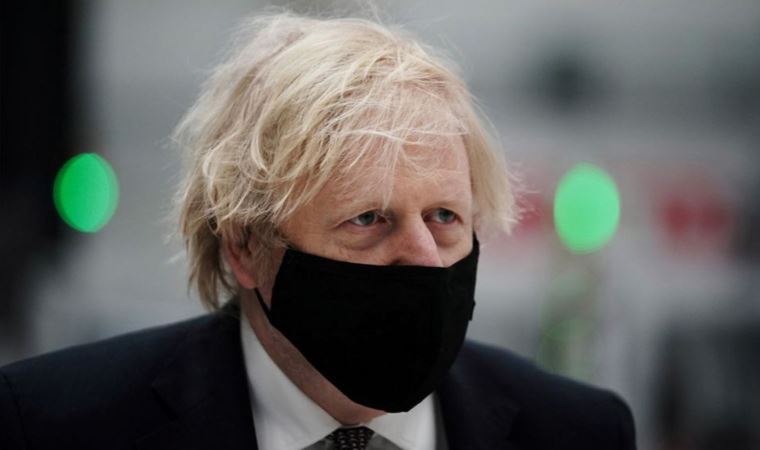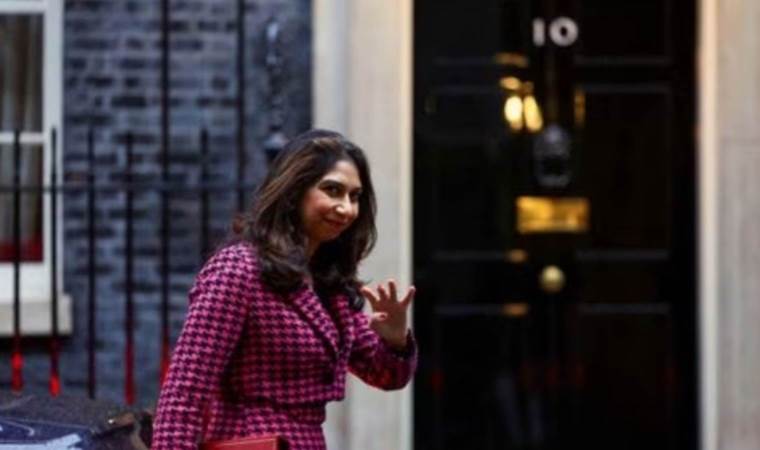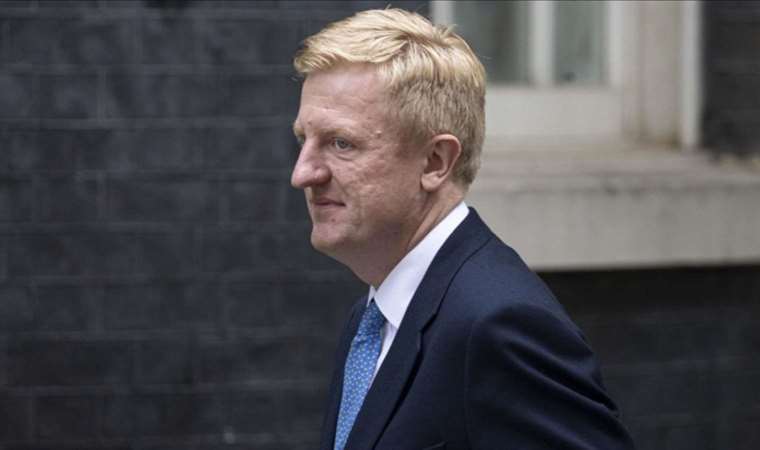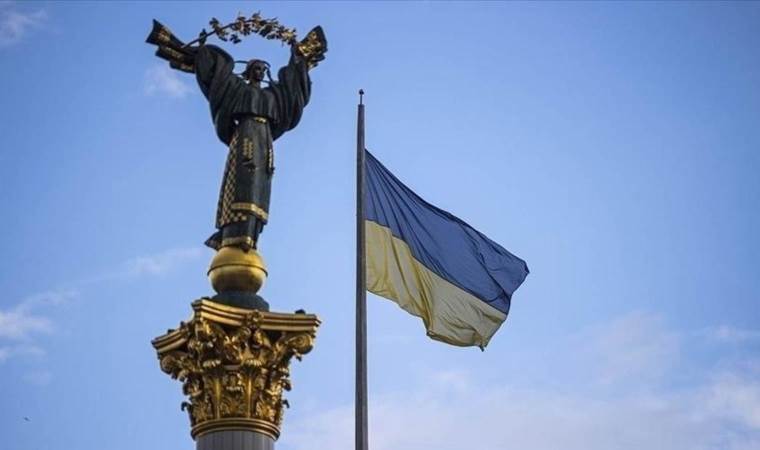Partners or Rivals: The Future of UK-EU Relations in the Shadow of Brexit
Intensifying conflicts of interest between the UK and European nations signal an imminent divergence in their trajectories. For European nations, disengagement from the Anglosphere is swiftly evolving into a fundamental imperative for safeguarding their independence and ensuring their survival.
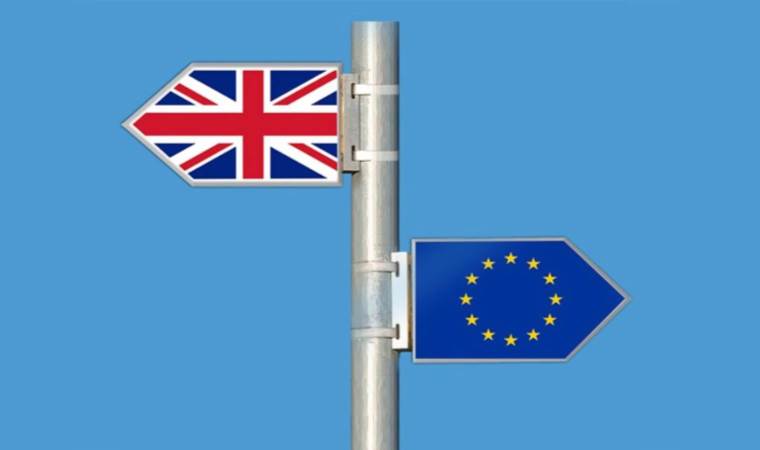
The idea of 'European integration' gained traction after the Second World War with the establishment of the Bretton Woods System in 1944, the United Nations, and the French Union in 1945. British Prime Minister Winston Churchill proposed a "Council of Europe" in 1943 and a "United States of Europe" at the University of Zurich in 1946. The European Parliamentary Union (EPU) was founded in 1947, laying the foundations for today's European Union.
On January 31, 2020, the United Kingdom, the project's original architect, officially withdrew from the endeavour it had been cultivating since the early 1940s. That marked a new chapter eight decades later. Since then, the EU's internal divisions and conflicts of interest have become increasingly apparent.
Why did the United Kingdom leave the European Union? Moreover, why did the European Union persist in maintaining a relationship that seemed to benefit it minimally? Could this be akin to Stockholm Syndrome?
The Two Faces of Brexit
In 2016, the United Kingdom voted to exit the European Union (EU), a decision driven by a combination of explicit and implicit reasons. For the UK, these main factors can be outlined as follows.
While some of these concerns resonate within the European Union, examining the Union's commendable effort to sustain this relationship requires a separate investigation.
Let's delve into these reasons from both the UK and EU perspectives:
Sovereignty and Control
Certain British voters believed that EU membership imposed limitations on national sovereignty, prompting the UK's decision to pursue independent decision-making.
It's worth noting that the EU nations grapple with similar concerns over the erosion of identity and sovereignty among member nations. However, dissenting voices from within have been relatively subdued.
Immigration Policies
Immigration emerged as a pivotal issue during the Brexit campaign. Some argued that EU membership restricted the UK's autonomy in setting immigration policies.
On the other hand, factors such as prolonged conflicts, civil unrest, and interventions by the UK and the US in various regions have fueled migration flows from North Africa, Sub-Saharan Africa, the Middle East, and Central Asia to Europe. While the UK and the US, thanks to their geographic advantages, have not experienced migration pressures to the same degree as Europe, the British presented this migration phenomenon as a rationale for Brexit. Europe's relatively muted response has drawn attention. The surge of far-right movements in Europe can be viewed as a reaction to these trends.

Economic Concerns
Proponents of Brexit contended that EU regulations adversely affected businesses. They also argued that redirecting membership fees towards domestic policies and projects would be more beneficial.
However, it's crucial to examine the UK's endeavours to establish dominance in the European financial services market. We will delve into this further.
Political Independence
Concerns arose over the increasingly political nature of the EU, leading some to question the advantages of being part of a union where the UK had limited control over policy-making.
Future of the European Union
Prior to Brexit, the EU confronted challenges like the financial crisis and the refugee crisis. These uncertainties prompted some Britons to question the future trajectory of the EU and the Union's overall direction.
The reality is that the Brexit debate has exacerbated social divisions within the UK, transcending political party lines, regional distinctions, and even familial ties. This division persists even today, following the culmination of the Brexit process.
How Does England Appear from a European Perspective?
Criticism of the UK has not only come from its electorate but has also emanated from European political circles, rooted in mistrust and concern. The primary points of contention include:
Failure to Implement Agreements
EU member states have consistently voiced deep apprehension over the UK's reluctance to uphold agreements, particularly evident in the case of the Northern Ireland Protocol.
The UK's decision to unilaterally extend the grace period for customs checks in Northern Ireland, without prior consultation with the EU, was viewed as a unilateral move not in line with the agreed terms. This action further exacerbated mistrust and concern.
Level Playing Field
The EU stressed the necessity of upholding a level playing field in critical areas like state aid, labour standards, and environmental regulations to prevent unfair competition. In contrast, the UK placed priority on its interests, attempting to influence the playing field according to its own set of rules.
Access to Financial Services
Controversy surrounded the extent to which the UK's robust financial services sector should have access to the EU market. The UK's endeavours to assert dominance in this sector instigated significant mistrust within the Union.
Some EU members accused the UK of leveraging its position to gain an upper hand in the financial services market, where London has historically been a global focal point. Their concerns were not unfounded.
The Widening Gulf
To this day, criticisms and concerns are frequently voiced within the European Union regarding the United Kingdom's possible exploitation of its relationship with Europe for its interests and agenda. This sentiment has grown notably stronger in the wake of Brexit, especially during the negotiations surrounding the future UK-EU relationship.
The EU views the UK's foreign policy decisions, particularly in defence and security, with a degree of scepticism. Its actions in these spheres are seen as influential in shaping the European geopolitical landscape.
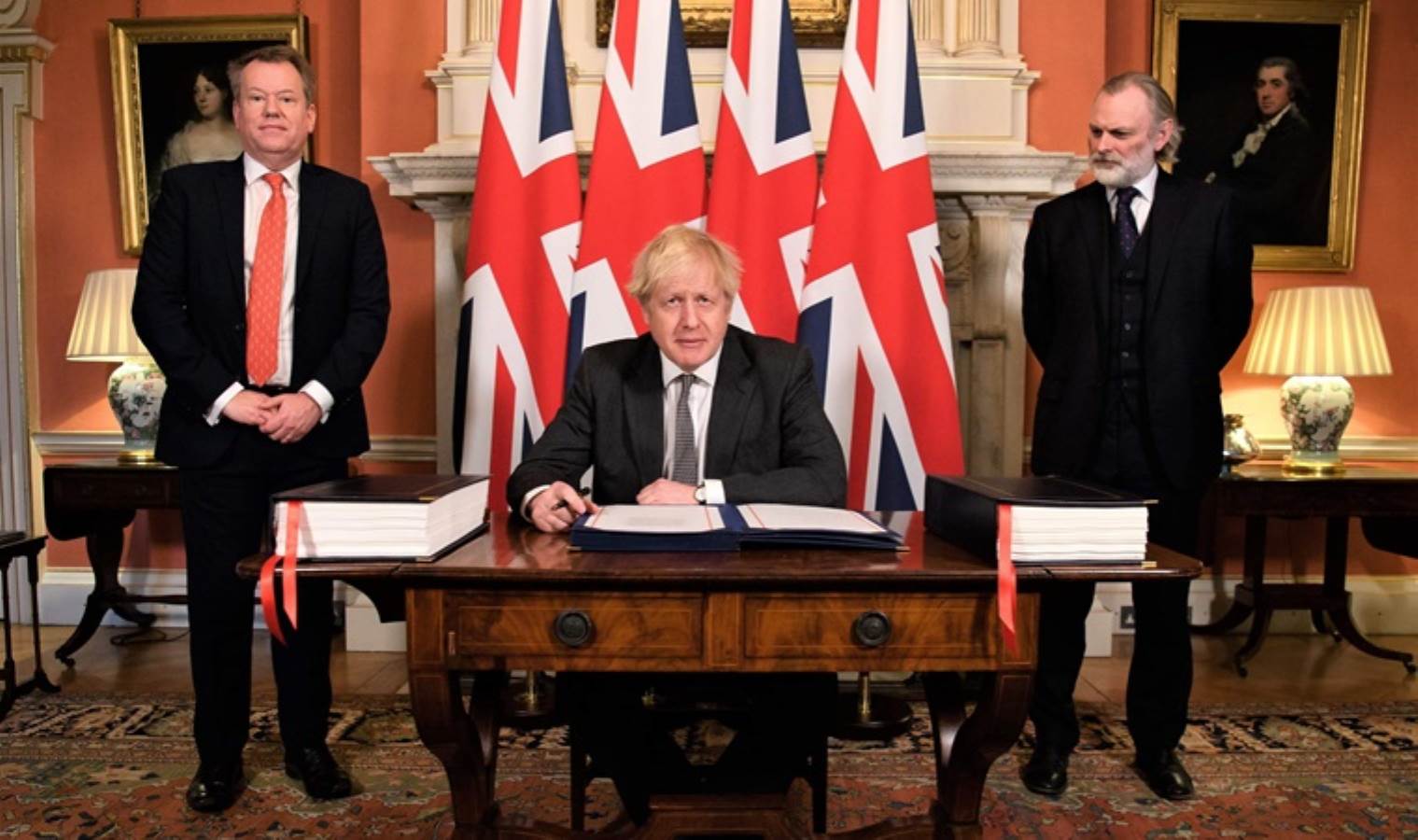
However, it appears that the United Kingdom was uncertain of its position within this unity right from the outset. It's worth recalling that one of the principal architects of the European Union project, Winston Churchill, in his 1946 Zurich speech, inspired by the ideas of Victor Hugo, proposed the establishment of a United States of Europe. Yet, even with his ardent belief in this vision, he emphasized that the United Kingdom should not be a part of it. That hints at nuanced and intricate strategic manoeuvring, where most of the benefits will accrue to the quarterback.
Churchill held the conviction that his nation, unlike the rest of Europe, possessed the power and influence to stand independently on the international stage. It could serve as a stabilizing force while subtly asserting its own rules.
The UK's unease with the EU continues to underpin the mistrust of EU member states in UK institutions to this day.
A Schizophrenic Relationship
Throughout its history, the United Kingdom has maintained a sort of schizophrenic relationship with the European Union. While this trait can be observed to some extent in other EU members, it is particularly pronounced in the UK.
On one hand, the United Kingdom emphasizes the importance of national sovereignty and consistently opposes the idea of a "super-European state". Conversely, it champions European values and asserts that the Union is crucial for the continent's security. That implies the United Kingdom supports the European Union's existence in a strategic and geopolitical context while also seeking to prevent it from evolving into a 'fully-fledged state'. Essentially, it aims to keep the Union in a formative stage for as long as possible.
On the other hand, we see a more pragmatic approach from the UK towards the EU's specific policies. It recognizes their utility, and sometimes even necessity, in certain areas. For instance, despite conflicting with the notion of national sovereignty, the UK has consistently advocated for the single market.
In 1998, the UK, in tandem with France, took an active role in joining the European Security and Defense Policy during the Saint-Malo Summit. They advocated for increased European regulation on energy and climate change. However, they later adopted a contrary stance.
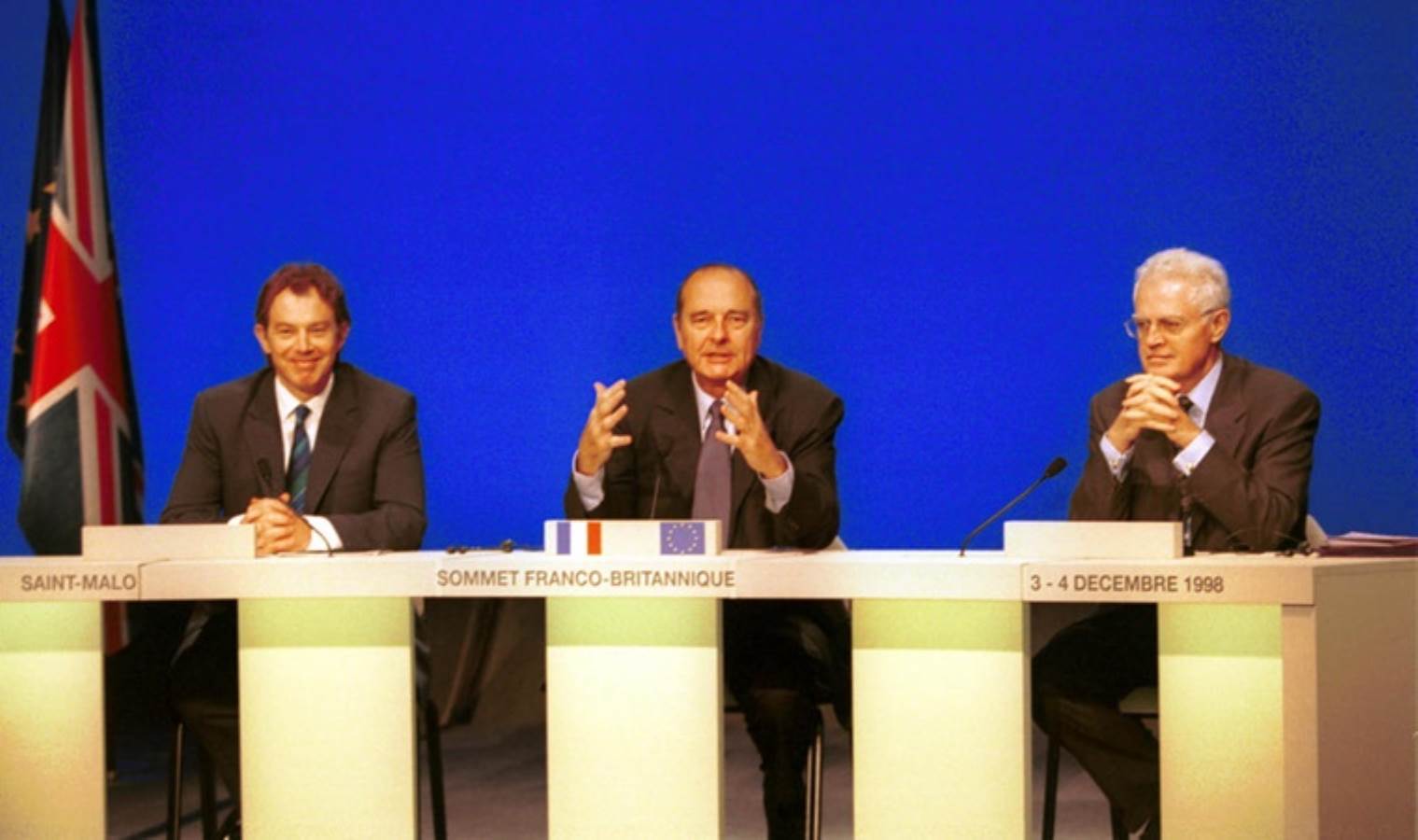
An Awkward Partner
Dr Roch Dunin-Wąsowicz from University College London contends that the UK's relationship with its European partners is often labelled as 'awkward', a term Stephen George popularized in his 1990 book on UK-EU relations. Dr Dunin-Wąsowicz suggests that it might be more precise to describe the UK as an 'awkward partner'. The UK's interactions with the rest of the EU have rarely been viewed positively.
Relations between London and Brussels, as well as other EU capitals, have frequently involved vetoes, disputes, confrontations, alleged blackmail, and stubbornness.
George identified several crucial factors contributing to this 'unusual' characterization. Chief among these is the reluctance of British elites, steeped in the Westminster system's ethos of 'winner takes all', to embrace negotiation and consensus-building methods more prevalent in Europe.
Another factor lies in the UK's distinctive relationship with its primary international partner, the United States, a bond rooted in ideology. In the early years, as George observes, Britain assumed a "condescending and at times almost contemptuous" stance towards integration. This attitude persisted until the UK departed from the Union. There was a constant reiteration of negative sentiments towards the French, along with deep-seated apprehensions and distrust of the Germans.
Consequently, this nurtured not only a hesitant commitment to European integration but also a growing inclination to view the EU as a transactional entity. The prevailing sentiment grew stronger that it would be in the EU's best interest if the UK were to depart. Today, it can be posited that Europe has been relieved of a substantial burden, disencumbered by an often 'ill-intentioned' and awkward partner.

Status-Quo and Future Prospects
As I composed this research, it struck me that the British often assume the role of complainers in their relationship with Europe. Paradoxically, they are the ones reaping the lion's share of benefits, while the European ruling classes appear unperturbed, behaving as if this is a non-issue.
However, today, conflicts of interest between Britain and Europe are intensifying across various domains. This indicates that the trajectories of these two powers are poised to drift even further apart in the ensuing period. For European nations, disengagement from the Anglosphere becomes imperative for safeguarding their autonomy and survival.
In this era, as the once-dominant unipolar world order recedes into history, fresh movements are surging in continental Europe. They acknowledge that the symbiotic but often detrimental relationship with the UK and the US is inflicting multifaceted harm upon Europe. It's eroding national identities, transforming the continent into a holding ground for migrants, and jeopardizing political systems.
Naturally, a new world is on the horizon, and European nations will assert their place in this unfolding epoch.
Most Read News
-
 US judge finds probable cause to hold Trump officials in
US judge finds probable cause to hold Trump officials in
-
 Naval chiefs of South Korea, US, Japan discuss trilatera
Naval chiefs of South Korea, US, Japan discuss trilatera
-
 Germany maintains diplomatic boycott, bars Russia from W
Germany maintains diplomatic boycott, bars Russia from W
-
 Trump administration asks Justice Department to probe NY
Trump administration asks Justice Department to probe NY
-
 Nearly 10,000 people homeless in Brussels, up 25% since
Nearly 10,000 people homeless in Brussels, up 25% since
-
 Kremlin says Europe focused on war while Russia awaits p
Kremlin says Europe focused on war while Russia awaits p
-
 Overnight shooting in Brussels leaves 2 injured, with 1
Overnight shooting in Brussels leaves 2 injured, with 1
-
 US federal community service program staff placed on lea
US federal community service program staff placed on lea
-
 UN says 500,000 displaced in Gaza after Israel resumes a
UN says 500,000 displaced in Gaza after Israel resumes a
-
 Top Ukrainian delegation arrives in Paris for talks with
Top Ukrainian delegation arrives in Paris for talks with
